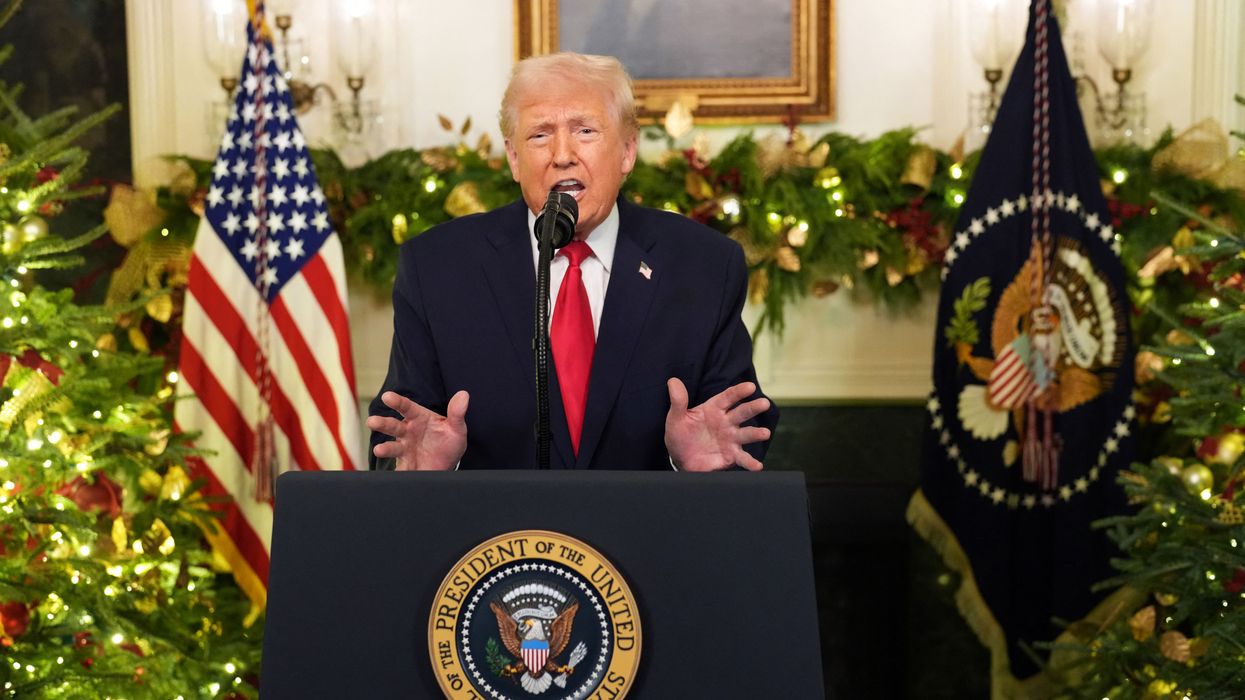Beset by lawsuits from both industry and environmentalists,
the U.S. Forest Service is now pursuing regulations to govern drilling and
mining on its lands. The agency's quandary is especially acute east of
the Mississippi where large percentages of its wilderness and experimental
forests - areas normally not subject to development - sit atop
privately-held mineral estates, according to documents released today by Public
Employees for Environmental Responsibility (PEER).
For the past twenty-five years, the Forest Service has not applied any environmental
restrictions on private extraction efforts, even in wilderness areas, following
a 1983 decision by an Assistant Secretary of Agriculture, its parent agency.
As a result, the Forest Service has not imposed the slightest protection for
its most ecologically sensitive lands or wildlife from damaging extraction
operations.
Dueling lawsuits by both industry and environmentalists concerning thousands
of oil and gas wells on the Allegheny National Forest in Pennsylvania prompted
the Forest Service on December 29, 2008 to formally solicit public comment
on how to craft "regulations to provide clarity and direction on the
management of National Forest System surface resources when the mineral estate
is privately held". On January 16, 2009, the Eastern Region (Region 9)
announced that it would "review all applications for access to reserved
and outstanding oil and gas" in each national forest within that 21-state
region.
"This hot potato will be gathering steam on the desk of whomever the
Obama administration appoints as the next Chief of the Forest Service," stated
PEER Executive Director Jeff Ruch, noting that the other major federal land
management agency, the Interior Department, already has regulations governing
this topic. "The Forest Service has had its head in the sand for the
last generation and unless it updates its approach, a federal court will step
in to do the job."
.
In its investigation into oil and gas drilling through karst hibernation habitat
for the highly endangered Indian bat on an experimental forest (managed for
sylvicultural research) in the Monongahela National Forest in West Virginia,
PEER obtained documents indicating that -
- A deputy Interior Solicitor opined that the position of the Monongahela
National Forest that the Endangered Species Act did not apply to the drilling
operation was "incorrect" and the Forest Service could impose "reasonable
conditions and mitigation measures"; and
- The Forest Service controls only a small fraction of the mineral
rights beneath wilderness areas and experimental forests in the eastern U.S.
For the vast majority of these lands, the 13-state Sothern Region (Region
8) conceded that it had no records identifying who controlled the subsurface
estate in response to a PEER Freedom of Information Act request.
"These are the last places on which the Forest Service should turn its
back," Ruch added, observing that beyond its natural resource responsibilities,
the agency is risking decades of research in its network of experimental forests. "The
question is not whether private rights will be honored but in what manner,
subject to law."
See the Federal Register notice
Look at the Region 9 notice assuming jurisdiction over all oil and gas applications
Examine the 1983 Department of Agriculture decision
Read the confidential Interior Solicitor opinion
View private mineral rights in wilderness areas and experimental forests for
Southern Region (Region 8)
Eastern Region (Region 9)




